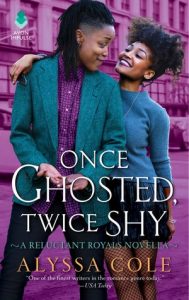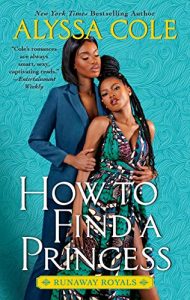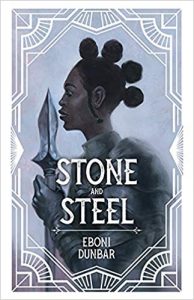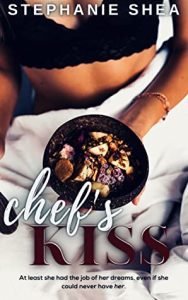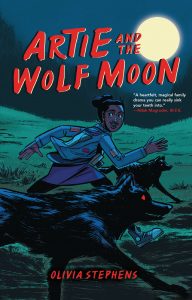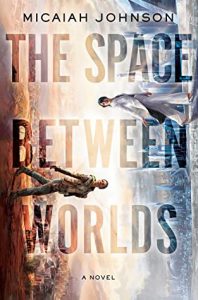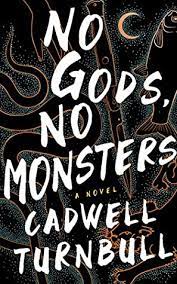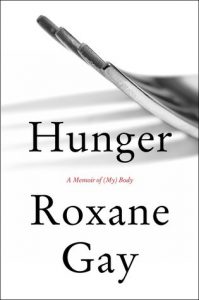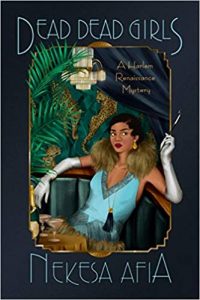Amazon Affiliate Link | Bookshop.org Affiliate Link
Have you ever wished for a sapphic romance that isn’t all about angst and homophobia and actually focuses on the development and drama of the characters? Look no further, because Alyssa Cole’s excellent novella Once Ghosted, Twice Shy has you covered. This entry into the Reluctant Royals universe follows Prince Thabiso’s assistant, Likotsi, as she navigates a romantic relationship with another woman, Fabiola. It’s a second chance romance full of tropes, but the genuine connection between Likotsi and Fab makes it truly unique.
A lot of people might avoid this book because it takes place as part of the Reluctant Royals series, so they might not want to read this without having read the first book. I can safely say that this is nothing to worry about. I haven’t gotten to A Princess in Theory yet (it’s on my list) and I could totally keep up with the story. Reading the first book will obviously give you a little bit of background into Likotse’s life and make the story richer, but you definitely can read this as a standalone and keep up.
The best part about this novella, in my opinion, is the characters. Likotsi’s type-A, methodical mindset plays well against Fabiola’s more go-with-the-flow type personality. The banter between the two women was lively, natural, and fun to read. Personally, I love the second chance romance trope, so I thought the ups and downs of the relationship were very fun to read. As with most romance novels, I found the love at first sight, conflict, and lack of communication at some points in the novel to be pretty irritating, but that part resolved quickly and the two ladies returned to their healthy, loving relationship. I also thought that Fabiola’s plotline was very authentic and relatable. I won’t spoil it, but it rang very true for me as someone who has been through something similar. Overall, it is so fantastic to see a book come out about a loving relationship between two queer, Black women, rich characters, that isn’t about trauma or angst.
Another thing that was really fantastic about this novel was the setting. I’m born and raised in New York City, so I can be pretty particular about books that portray New York in an extremely romanticized and unrealistic way, or that paint New York as some sort of Disneyland for other people to come to and pursue their dreams without examining the lives and struggles of those of us actually from there. Luckily, Once Ghosted, Twice Shy does none of that. Don’t get me wrong, there are plenty of very fun, romantic moments at iconic places in the city in this book. But Cole’s New York felt incredibly authentic and alive. Far from using New York as a generic stand-in for any major urban area, as many romances do, in this book it was like this story couldn’t have taken place anywhere else. Plus, Fab and Likotsi end up at the Seaglass Carousel in Battery Park, which is one of my favorite places in the city.
Once Ghosted, Twice Shy surprised me with how rich of a story it told in just ten chapters and an epilogue. I immediately became invested in Likotsi and Fabiola’s love story, and felt that warm, fuzzy feeling where most other romances make me roll my eyes. In the future, I will definitely be picking up more of Alyssa Cole’s romances and commend her for writing a book highlighting the experiences of two characters who wouldn’t often get the spotlight.

